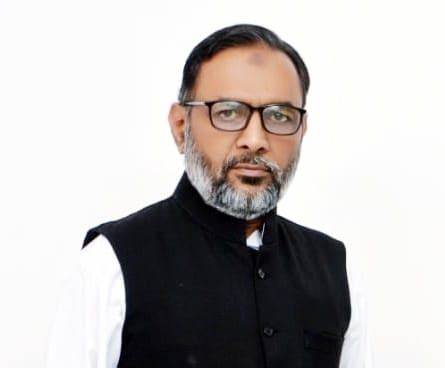New Delhi, Jan. 17: The Welfare Party of India, as part of its policy intervention and participatory democracy, sent its recommendations to the High-Level Committee on One Nation One Election on Tuesday, strongly opposing the move.
The party’s National President Dr SQR Ilyas said replacing the present form of elections with One Nation One Election is ‘a blow to federalism’, “We cannot let the cure for a flawed democracy become worse than the malady.” He elaborated the party’s opposition to the move as follows:
Herculean task
‘One Nation One Election’ is a challenge, as implementation requires appropriate changes in the existing legal administrative framework to enable simultaneous elections to the Parliament, State legislative assemblies, municipalities and panchayats and requires amendments to the Constitution, the Representation of the People Act, 1950, the Representation of the People Act, 1951, and the rules made thereunder and also needs ratification of 50% state assemblies.
Attack on Federal structure
‘India is the union of states’ are meticulously chosen, well-debated words of Article 1 of the Constitution and in essence, the foundational value of Indian federalism. However, ‘One Nation One Election’ is a blow to federalism and an attack on the autonomy and independence of state governments. It will also have an impact on the power dynamics between the Centre and the state and will curtail the power of state assemblies.
Not Cost Effective
Various estimates by the Election Commission, NITI Aayog show that the costs of conducting all State and parliamentary elections in a five-year cycle work out to the equivalent of Rs. 10 per voter per year. The NITI Aayog report has also said that when elections are synchronized, it will cost the equivalent of Rs. 5 per voter per year.
In the short term, simultaneous elections under ‘One Nation One Election’ will increase the costs for deploying far larger numbers of EVMs and VVPATs. So, amending the Constitution to save Rs 5 for every voter in a year may not be a good idea.
The WPI National President also said, “If ‘One Nation One Election’ is implemented, the regional parties and small parties will not be able to raise their local issues strongly as national issues will take centre stage.”
He further said, “We fear that this entire exercise is being conducted to replace Parliamentary form of democracy into a Presidential form which is highly unsuitable for our country.”
Raised the issue of accountability, he termed it as an impractical approach. According to him, it may overshadow the regional interests and pose many more challenges like logistic challenges.




